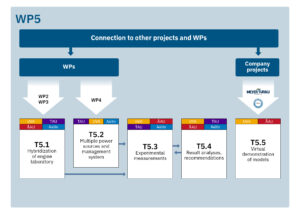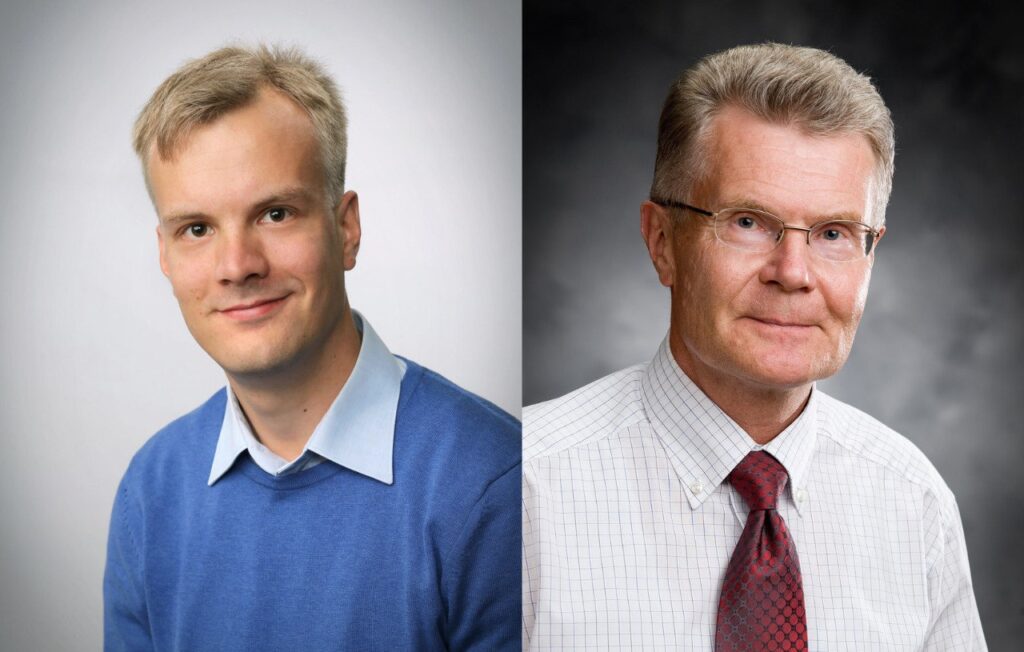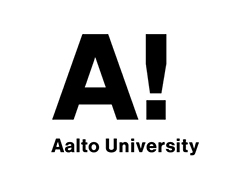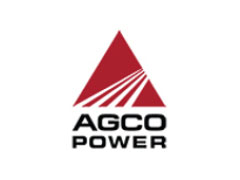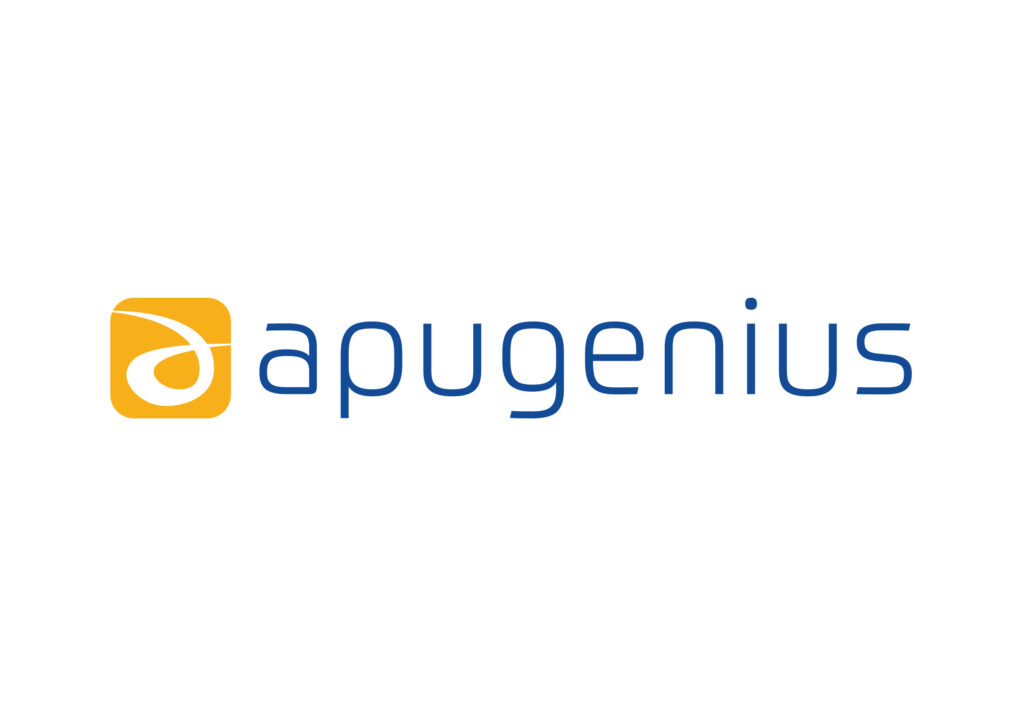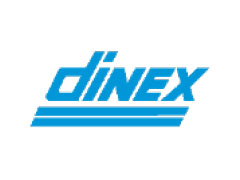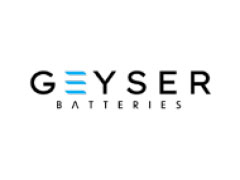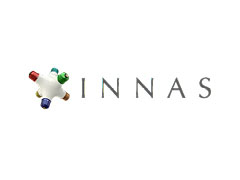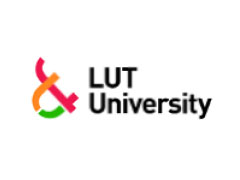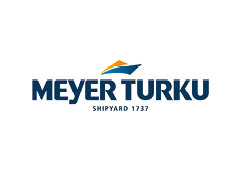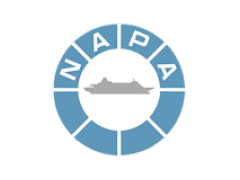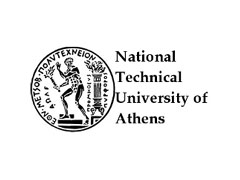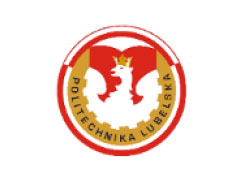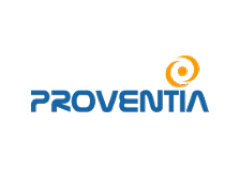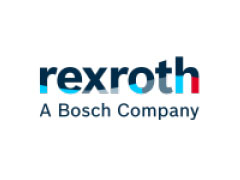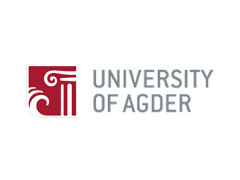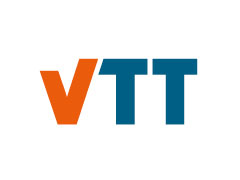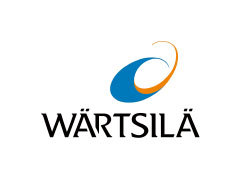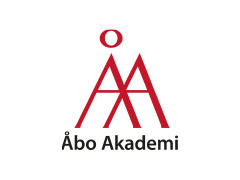Work Package 5 of the Clean Propulsion Technologies project brings together the novel systems and engineered new solutions created in the other WPs. WP5 demonstrates the functionality of the new RCCI (Reactivity Controlled Compression Ignition) combustion mode, virtual sensors, management systems and equipment for hybrid operation, like electricity storage and inverters, and a propulsion system of multiple power sources.
The targeted hybrid power systems for the marine and off-road sectors promote fuel flexibility at high total efficiency and with reduced greenhouse gas, particle, and NOx emissions. The VEBIC engine laboratory and its equipment work as the main centre for the demonstrations.
Project researcher, Dr. Teemu Ovaska has worked at the University of Vaasa since 2012. During these years, Ovaska has gained experience in both public EU and private business projects, where he has become acquainted with exhaust aftertreatment in addition to his dissertation topic. In his dissertation, he evaluated how different alternative fuels affect the exhaust particle number in high- and medium-speed engines. Ovaska got his doctorate at the University of Vaasa in 2020. He has also worked at Wärtsilä in the summer of 2014.
Professor Seppo Niemi has graduated and got his doctorate at Helsinki University of Technology (Aalto University). During his more than 40 years’ career, Niemi has worked at Wärtsilä, Turku University of Applied Sciences, AGCO Power, the Academy of Finland, Aalto University, and VTT. At the University of Vaasa, Niemi started in 2006 as a professor of Energy Technology. Niemi’s expert areas are internal combustion engines, engine fuels, emissions reduction, power economy, and applied thermodynamics.
Ovaska is leading WP5. Moreover, he is involved in a WP3 Task (T3.4) dedicated to advanced aftertreatment of exhaust gases from non-road diesel engines. Niemi works as a coach, mentor, and supporter, particularly in the WP5 and Task 3.4.
According to Ovaska and Niemi, the most innovative and interesting are the two coming demonstrations. The University of Vaasa will demonstrate a worlds-first, large-bore RCCI marine engine platform meeting EU Stage V emission limits. Furthermore, Tampere University will prove the proper operation of a propulsion system of multiple power sources with its comprehensive management system. WP5 also shows how virtual sensors are a very smart solution for the effective management of versatile energy generation systems.
WP5 collaborates considerably with other WPs and partners. WP5´s academia partners are the universities of Aalto, Tampere, and Åbo Akademi while company partners are Geyser Batteries, Wärtsilä, AGCO, Napa, and Meyer. Last year, the cooperation was preliminarily established with the company partners well ahead of the schedule. Cooperation between other WPs and the partners will intensify as WP5 progresses this year.
